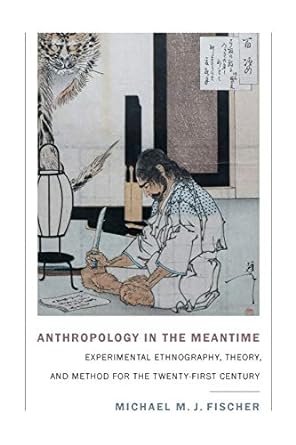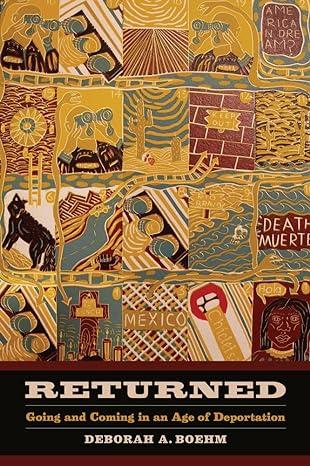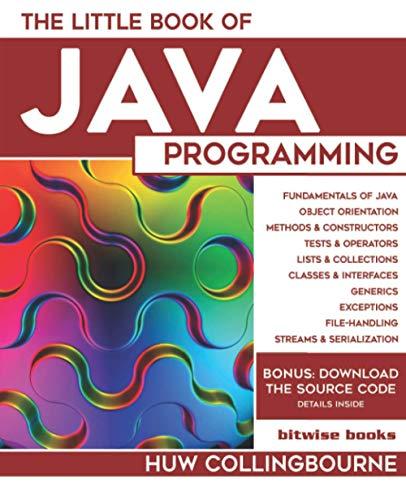Go back


Anthropology In The Meantime Experimental Ethnography Theory And Method For The Twenty First Century(1st Edition)
Authors:
Michael M. J. Fischer

Cover Type:Hardcover
Condition:Used
In Stock
Shipment time
Expected shipping within 2 DaysPopular items with books
Access to 30 Million+ solutions
Free ✝
Ask 50 Questions from expert
AI-Powered Answers
✝ 7 days-trial
Total Price:
$0
List Price: $119.95
Savings: $119.95(100%)
Solution Manual Includes
Access to 30 Million+ solutions
Ask 50 Questions from expert
AI-Powered Answers
24/7 Tutor Help
Detailed solutions for Anthropology In The Meantime Experimental Ethnography Theory And Method For The Twenty First Century
Price:
$9.99
/month
Book details
ISBN: 1478000554, 978-1478000556
Book publisher: Duke University Press Books
Get your hands on the best-selling book Anthropology In The Meantime Experimental Ethnography Theory And Method For The Twenty First Century 1st Edition for free. Feed your curiosity and let your imagination soar with the best stories coming out to you without hefty price tags. Browse SolutionInn to discover a treasure trove of fiction and non-fiction books where every page leads the reader to an undiscovered world. Start your literary adventure right away and also enjoy free shipping of these complimentary books to your door.
Book Summary: In Anthropology in the Meantime Michael M. J. Fischer draws on his real world, multi-causal, multi-scale, and multi-locale research to rebuild theory for the twenty-first century. Providing a history and inventory of experimental methods and frameworks in anthropology from the 1920s to the present, Fischer presents anthropology in the meantime as a methodological injunction to do ethnography that examines how the pieces of the world interact, fit together or clash, generate complex unforeseen consequences, reinforce cultural references, and cause social ruptures. Anthropology in the meantime requires patience, constant experimentation, collaboration, the sounding-out of affects and nonverbal communication, and the conducting of ethnographically situated research over longitudinal time. Perhaps above all, anthropology in the meantime is no longer anthropology of and about peoples; it is written with and for the people who are its subjects. Anthropology in the Meantime presents the possibility for creating new narratives and alternative futures.
Customers also bought these books
Frequently Bought Together
Top Reviews for Books
Khrissie mayes
( 5 )
"Delivery was considerably fast, and the book I received was in a good condition."










